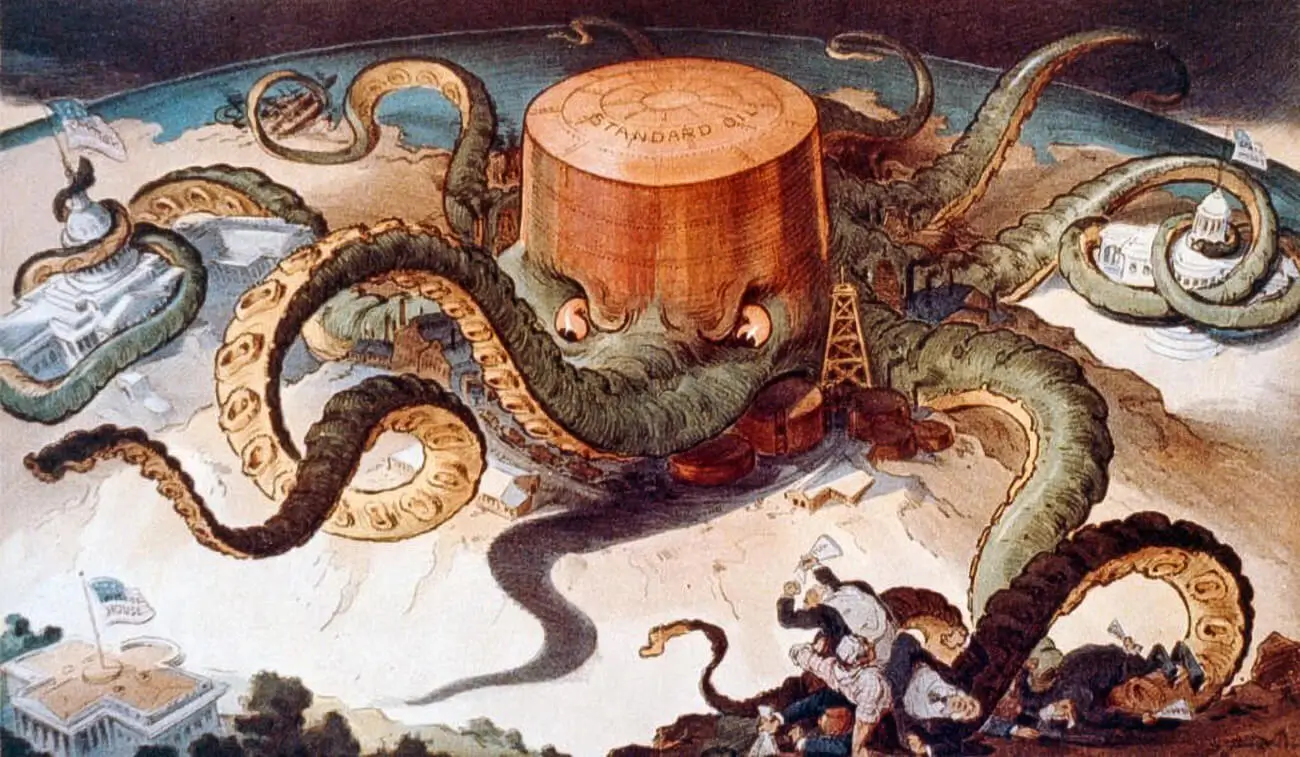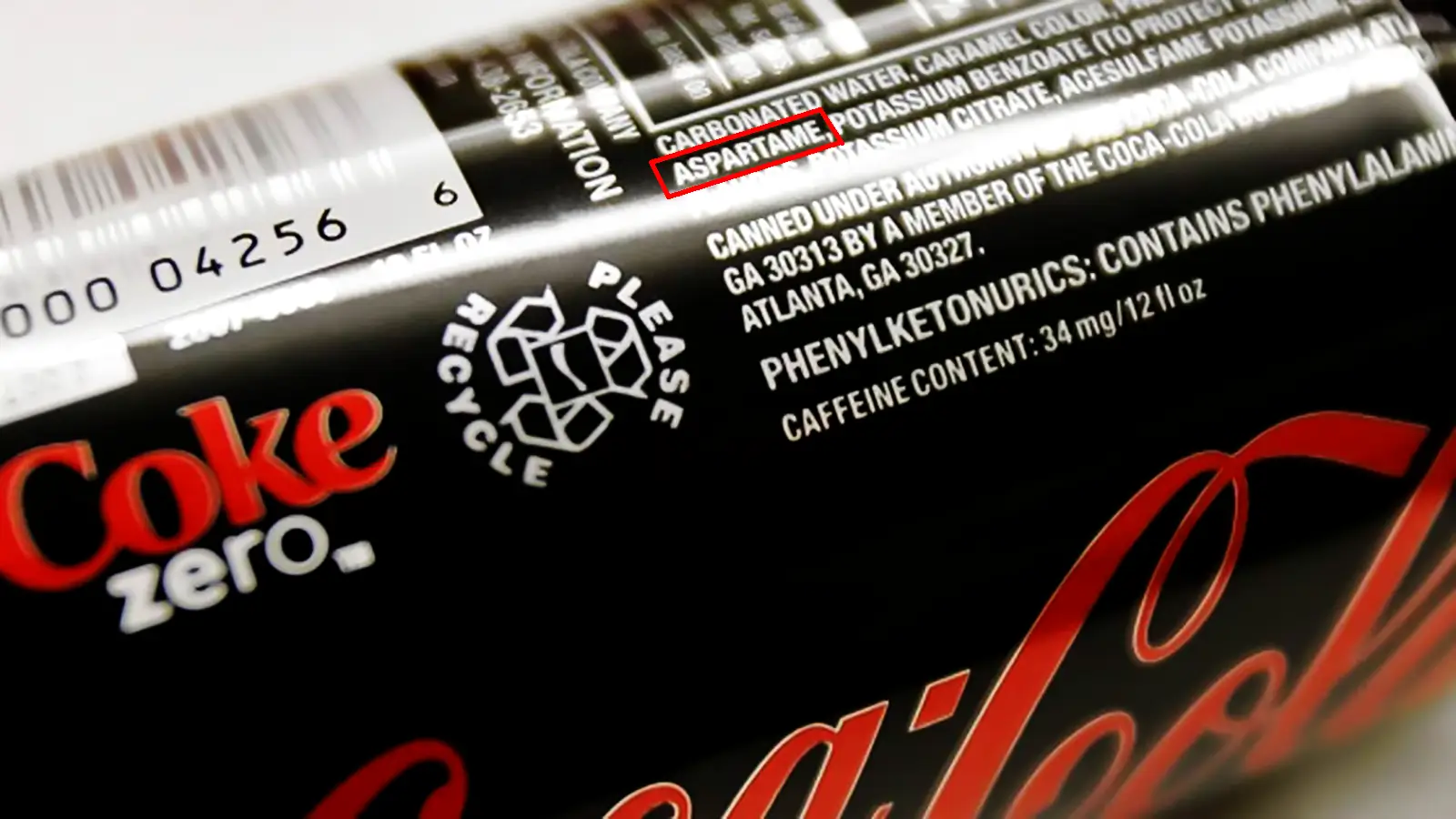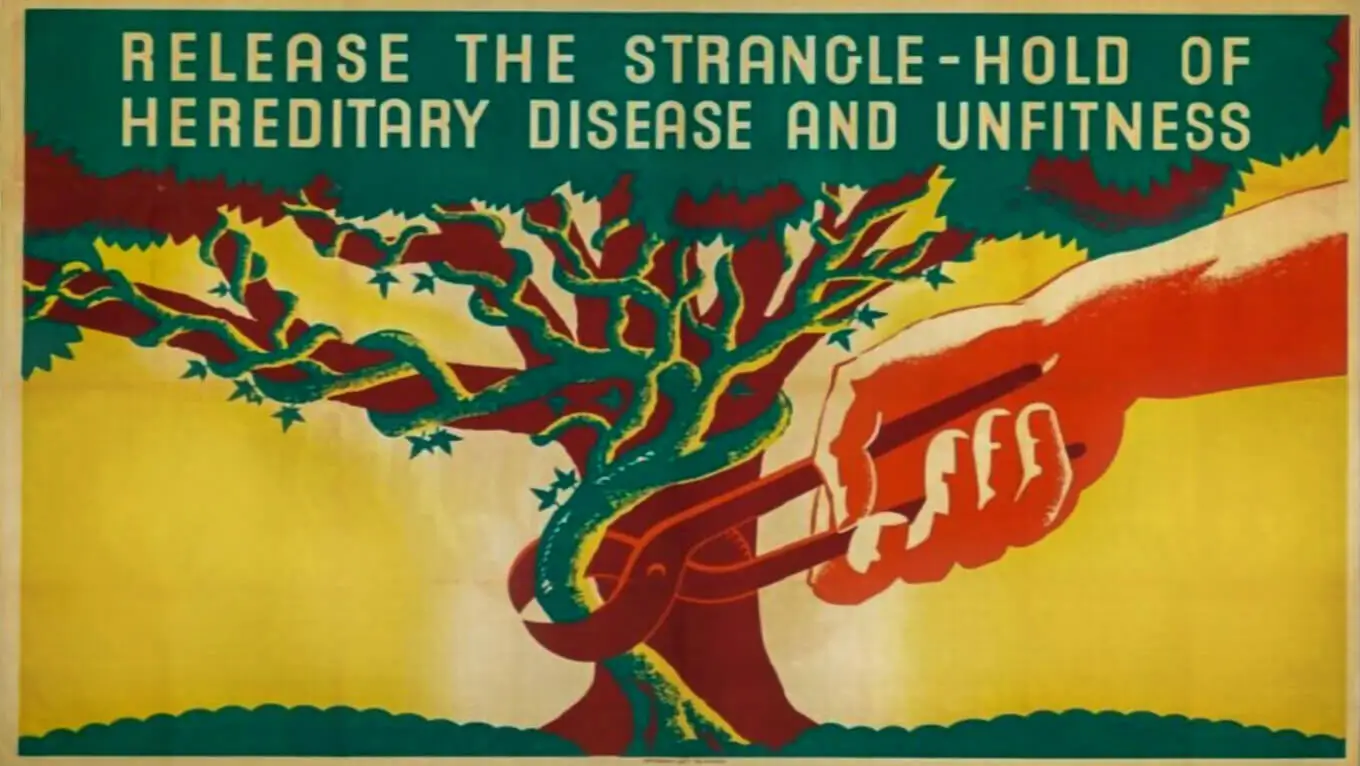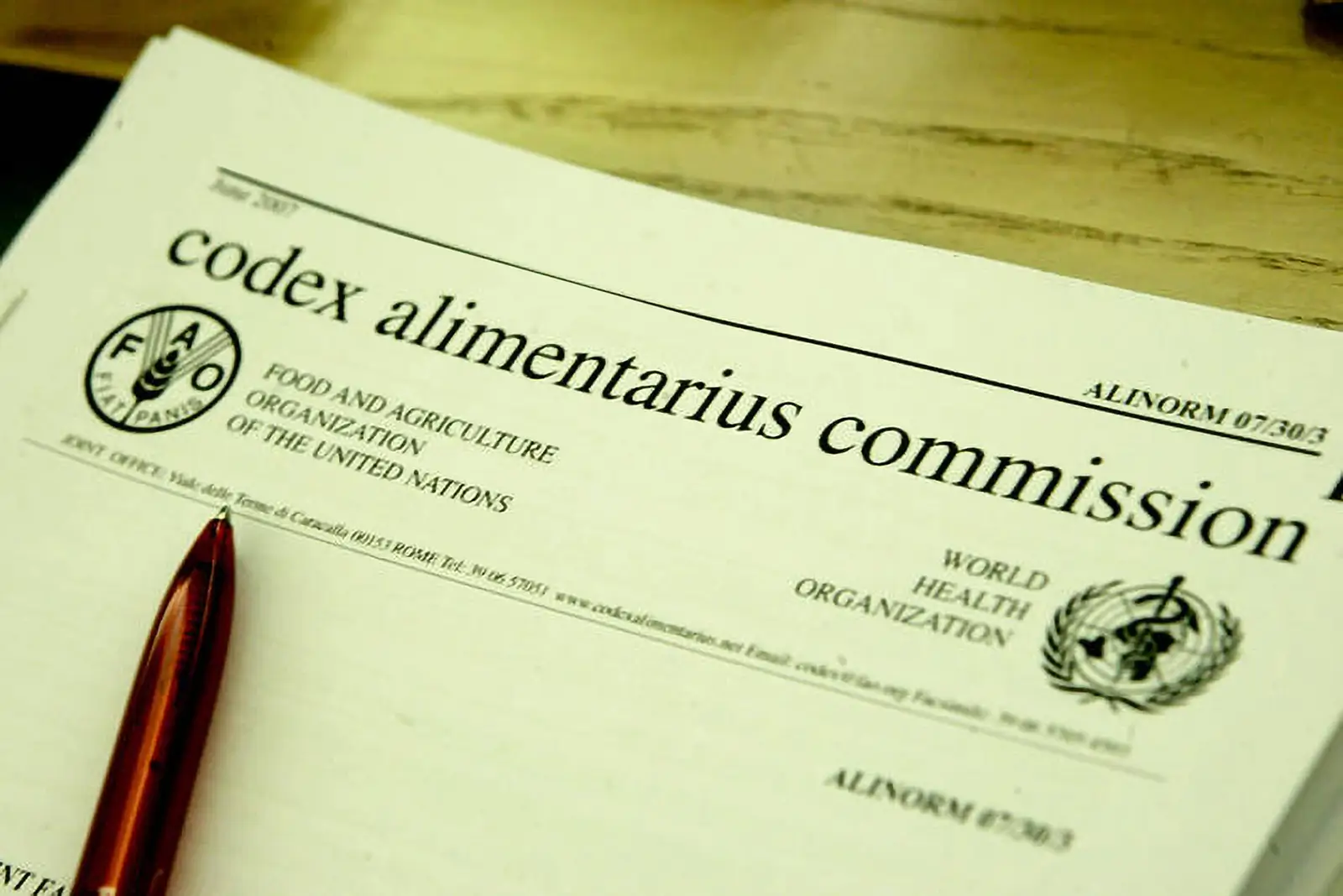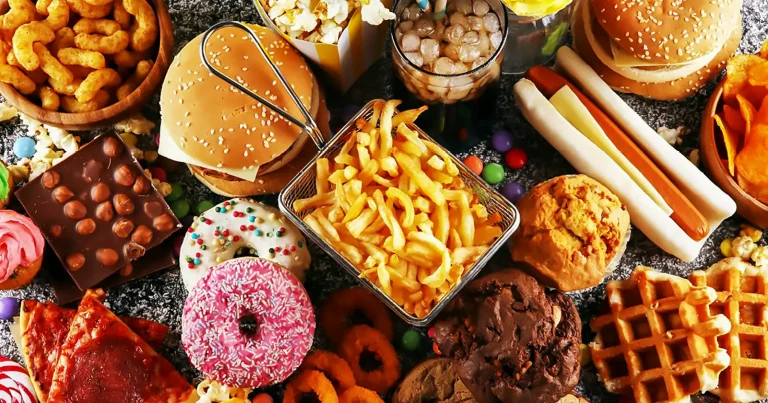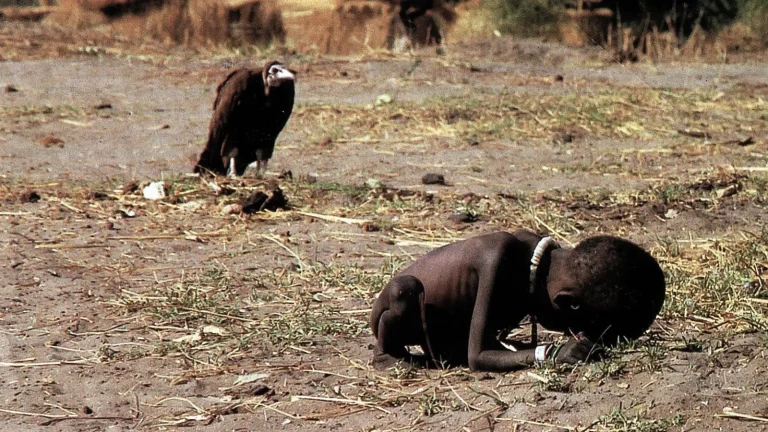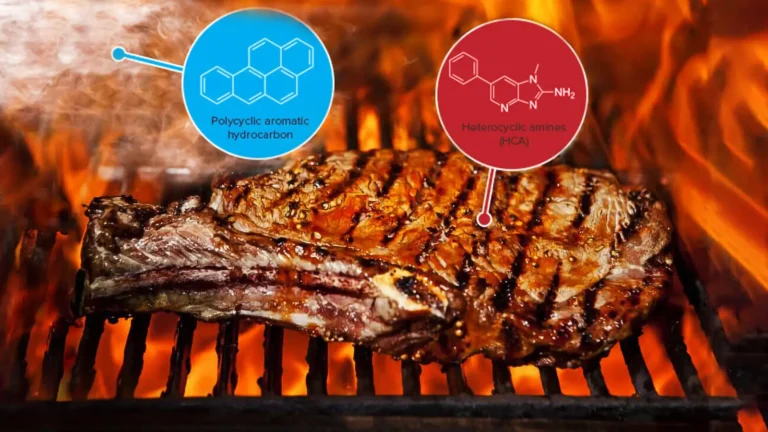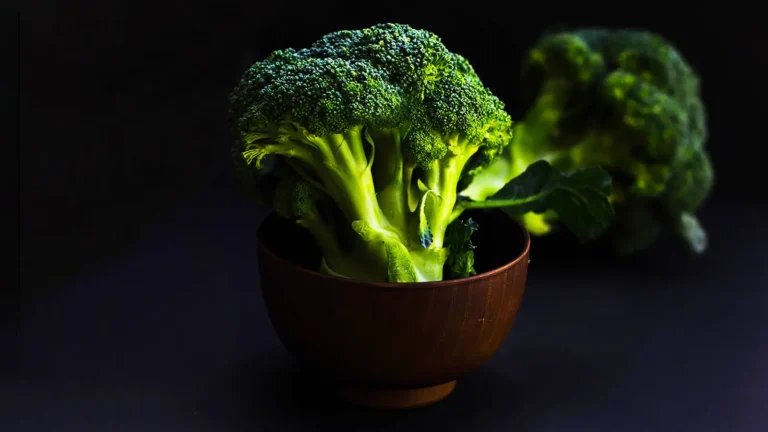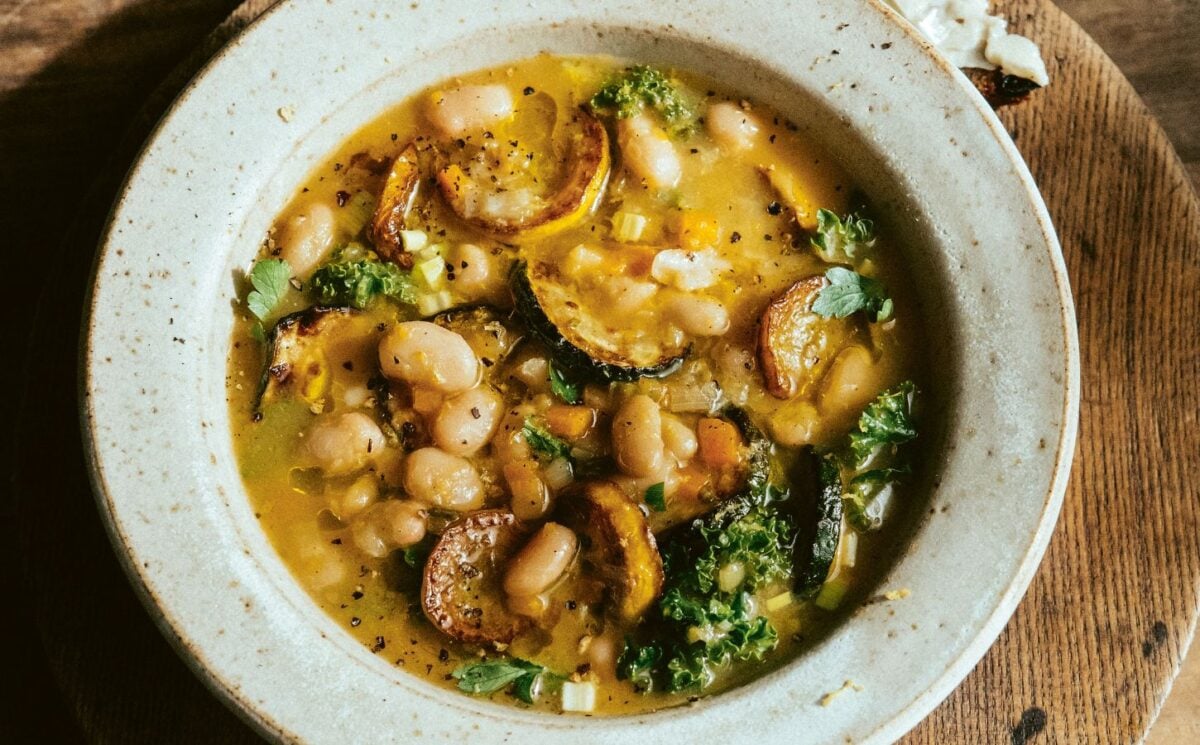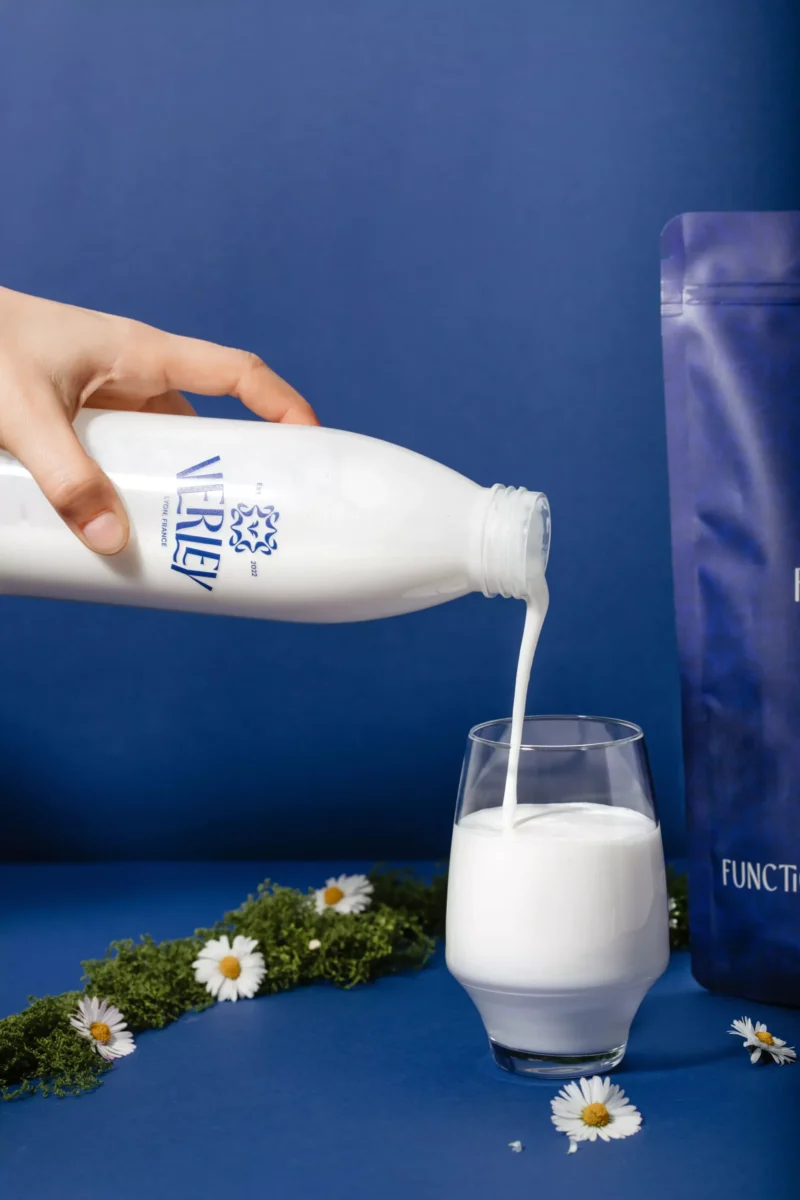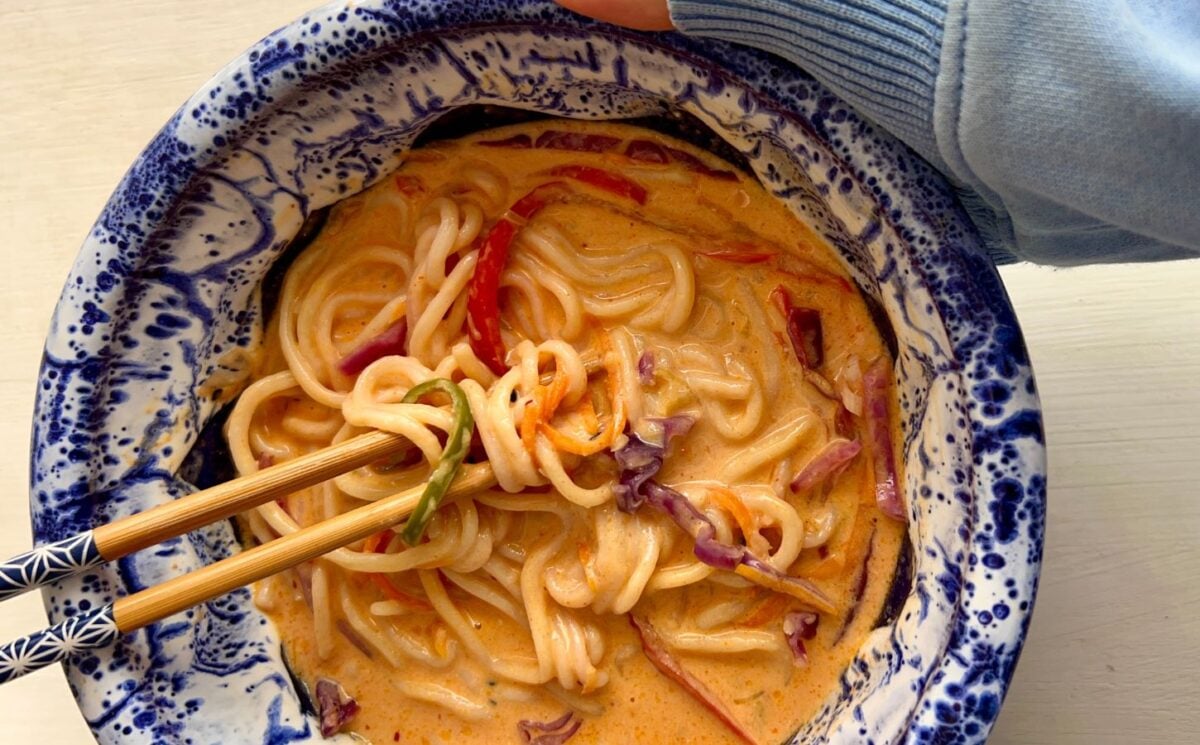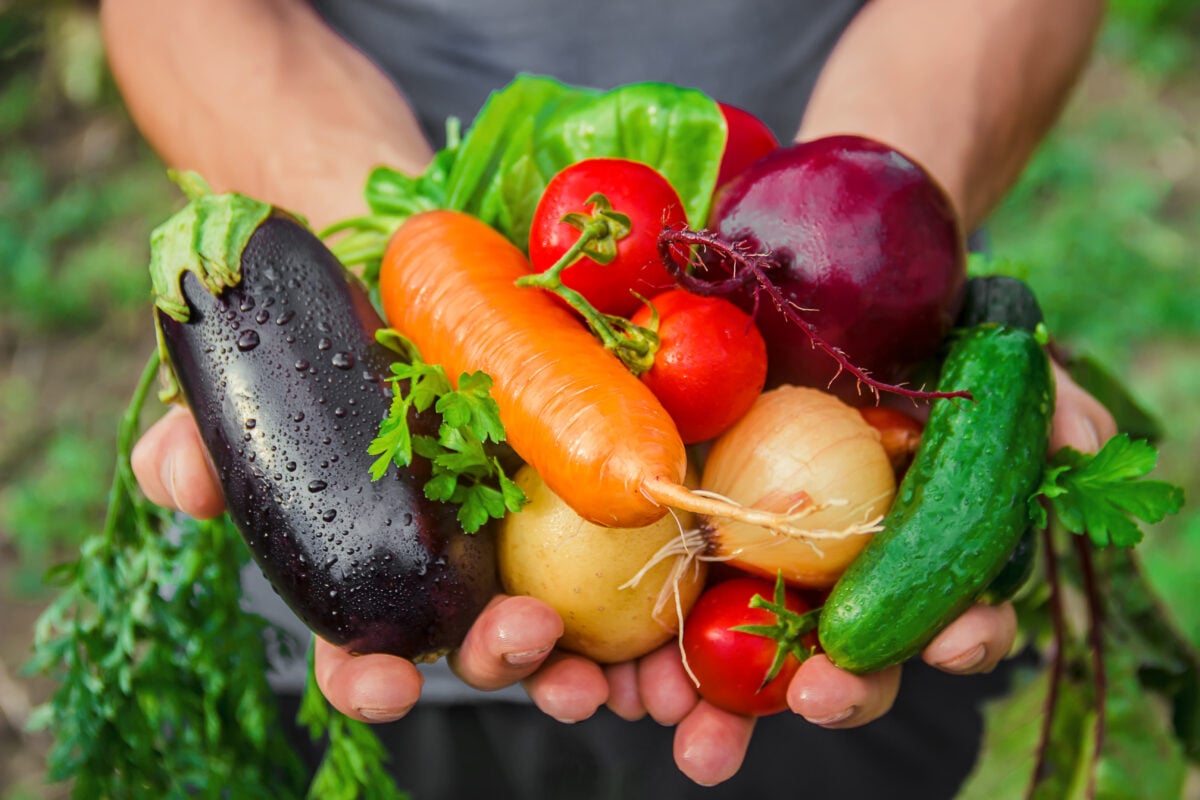2050年までに90億人を養う」という必要性は、さらなるグローバリゼーションと管理強化を要求するための病的な表現になりつつある。
ミロス ポキミカ
によって書かれた: ミロス ポキミカ
医学的に検証した結果 Xiùying Wáng, M.D. 博士。
2023年9月2日更新食品業界は単なる産業であり、何も存在せず、単なる通常のビジネスであると考えているかもしれませんが、状況はそれよりもはるかに複雑です。少なくとも4000年前、バビロンでは食物が武器として使用されていました。その時から今に至るまで、特に何も変わっていません。の 食品業界 は、大手製薬会社を支配し、他のすべての国際企業を大幅に支配しているのと同じグループによって支配されています。同じ寡頭制が何度も繰り返されるのです。
食べ物は非常に実存的なものであり、太古の昔から人間の存在にとって非常に根本的なものです。たとえ何が起こっているのか理解できなかったとしても、自分の食べ物に化学物質が添加されているか、遺伝子組み換えが行われているのではないかと疑えば、人々は当然疑念を抱きます。彼らは、「なぜ世界には飢餓が存在するのか?」など、直接同意していない質問をするつもりです。企業の秘密主義は疑惑を高めるだけだ。何が起こっているのか理解できなくても、世界中の小規模農家が困難に直面し、毎年一定の数が廃業に追い込まれていることがわかるでしょう。
そしてなぜ彼らは困っているのでしょうか?そうですね、世界には食べ物が多すぎるので、価格が抑えられています。あなたが支払うスーパーマーケットの価格ではなく、農家がさらなる流通のために大手食品会社に販売している卸売価格であり、作物、種子、または長期的な効果であってもコストをわずかに削減できる製品の影響を非常に受けやすい価格です。土壌や環境に悪影響を及ぼします。これはインドやアメリカ、カナダやアルゼンチンでも見られます。それは小規模農家の生計を損なう戦略だ。
Six agrochemical corporations control around 85% of the entire world’s food markets and what they want to do is to gain control over the entire food chain, from the seeds to the table.
世界の飢餓は技術的な問題ではありません。世界は十分な食料を生産しています。食べ物が配られないので、飢えている人たちがいます。
それは、貧しい人々にアクセスを与えない農薬カルテルの手に食料が集中しているという問題であり、金銭の問題ですらなく、むしろ優生プロトコルと人口管理に近い問題である。
The cause of the food deficit was not natural but was a result of the western financial policy. Considering the global population is now at 7.2 billion, in the lack of population control in their mind and some Pentagon projections, these 7.2 billion would become 14 billion by 2040, 28 billion by 2070, and 56 billion by the end of the 21st century. This is clearly in their mind an unsustainable growth given that we live on a finite planet, and that we now use almost 40% of the earth’s ice-free landmass to feed ourselves. There are no more landmasses to discover and exploit, we have destroyed the planet’s life maintenance systems and have polluted the soil and the sea.
“It is questionable,” Kissinger once gloated, “whether aid donor countries will be prepared to provide the sort of massive food aid called for by the import projections on a continuing long-term basis. The large-scale famine of a kind not experienced for several decades a kind the world thought had been permanently banished was foreseeable famine”.
This “return of famines” would not be possible without the participation of multinational corporations.
It is politics that execute the difference in times of famine. Food stocks are not significantly decreased as we might be thinking. Food is sold on the food market to those that can afford the higher prices. That is not the poor and rural populations of Africa, and this is done deliberately. Uneven distribution of food is a geopolitical decision, and that is the problem rather than the ratio of food to people. Also, wars and shifts in an industry that can create a vulnerable imbalance in a nation’s economy are important constituents. In developing nations, when the population quits farming to work in industry and technologies, food prices rise. A developing country with people struggling to raise its living standards would buy the cheapest food, and that is what Agro companies are glad to provide.
A political strategy used in collaboration with international food cartels is to undermine countries farming production creating dependence on imports. As small farms disappear, withholding food or raising prices can then be strategically used as a war strategy to coerce cooperation. The country’s resources are siphoned elsewhere by importing overpriced food that could be supplied from within. Control of an entire economy and the nation that relies on imports of food is easily accomplished. Not with war, but with food, or the lack of it. However, if it is a war that is wanted for a regime change, a hungry, rioting population certainly delivers.
貧困と社会崩壊は、過去 50 年間にわたる農業のグローバル化の背後にある目標です。
食品業界は食品業界だけではありません。それは権力と支配のための政治的および地政学的なメカニズムです。食品業界は地元のキャンディーメーカーやコカ・コーラではありません。食品産業は、軍産複合体、銀行、石油、エネルギー生産、大手化学薬品カルテルなどと同業の同じ産業である。合成肥料の発明により、以前ほど致死的ではなくなりましたが、依然として管理の柱となっています。過去には、食品産業が全人口の存在を支配していました。そして彼らは過去にもそれをうまく利用していました。
British neo-imperial plans for nation-states haven’t changed much. It is a policy that destroyed the most requirement for national survival: food self-sufficiency. In the U.S. aforementioned helped with the industrialization of agriculture and the invention of Agribusiness. With industrialized farming production of food had a lower and lower cost. In time small farmer disappeared and was replaced with food cartels. Now, the portion of the U.S. population that is self-sufficient and produces its own food is 2-3%, a shift from 1870 when it was between 70-80%. If something like the great depression strikes again, there would be no food for the vast amount of population that would depend on the government for survival. Food shortages seem remote and unreal in this land of plenty.
For “safety” reasons a heavily protested bill, S 510, The Food Safety Modernization Act was passed, and the intent is the same as policies in developing countries. To bury the small farmer. Additional concern over the bill is that the language allows for regulation over homegrown foods as well. The Food Safety Modernization Act looks like it is headed to become law. It is being hailed as a “breakthrough” achievement in food safety, and it would hand vast new powers and funding to the FDA so that it can clean up the food supply and protect all Americans from food-borne pathogens.
There’s just one problem with all this: It is all a big lie.
さらに、食品監督法を課さなかったとしても、製品としての遺伝子組換え種子の特許取得は、かつては非常に単純だったものを複雑な問題に利用して、食品の権利の概念全体を変えました。GMO種子は1回の収穫後に自殺するように設計されており、農家は種子を提供する企業に依存することになる。農家は、これらの種子が耐えられるように設計された化学除草剤や殺虫剤も使用しなければなりません。相互汚染の必然性により、これらの遺伝子組み換えされた特許生物が食料供給全体に侵入する可能性があります。花粉は非GMO作物に飛んで受粉し、半分GMO雑種が作られます。これらの企業による取り組みは非常に進んでおり、特許取得済みの遺伝物質で作物が相互汚染された農家を訴えることに成功し、前例を作った。
風が吹くと、普通のトウモロコシに花粉が吹き付けられ、法廷に立つことになります。そしてそれは意図を明らかにします。
最悪の食糧不足に苦しむ多くのアフリカ諸国は教訓を学び、たとえ食糧援助の形であっても、植え付けを防ぐために事前に製粉しない限り、GMO種子の自国への持ち込みを許可しないだろう。
To survive into the future because of all of the overpopulation issue, the oligarchy is now “forced” to erect a global governing structure authorized to wield global governing instruments capable of maintaining “peace” among men, establishing harmony between man and nature, and of forging continuity between this and future generations. They must, in other words, consider not only what is good for us here and now but what is good for future generations and all life on earth and they must respond accordingly. Population control is the most urgent step needed of us here and now if we are to preserve our existence. Therefore, population control must and will be declared a Planetary Security Prerogative. Standard is a report by ten British writers, some of them from the U.K. Office of Science that represent government official policy, in Science magazine, “Food Security: The Challenge of Feeding 9 Billion People” (February 12, 2010). They conclude:
“Any optimism must be tempered by the enormous challenges of making food production sustainable while controlling greenhouse gas emission and conserving dwindling water supplies, as well as meeting the Millennium Development Goal of ending hunger…”
The necessity of feeding “9 billion people by 2050” has grown the be sick line expression for demanding still more globalization and more control. The crude estimation is that for today’s 6.8 billion people, around 4 billion tons of annual grain production is the level needed for adequate diets, in the form of personal cereals consumption, and for feeding the farm animals, and reserves. The underproduction of grains had a worsening additive effect.
これについて世界経済フォーラムは次のように述べています (https://www.weforum.org/agenda/2019/02/our-food-system-is-pushing-nature-to-the-brink-fourth-industrial-revolution/) そして、WEF やその他の国連経済フォーラム (WTO、世界銀行、IMF) は、大部分において、世界の優れた経済顧問や科学者が活動する公平な場所ではなく、単に公共の場にすぎないことをご存知ない方のために説明します。銀行カルテルの寡頭制:
“Like our planet, the food system is currently in the red; it is extracting more than can be sustained and we are pushing nature to the brink. Without concerted action, the environmental impact of the food system could increase by 50-90% by 2050. We can no longer think on ‘either-or’ lines – there is simply no sustainable alternative to a food system that ensures the health of people and planet.”
「人と地球」と環境問題全体が、再びこのプロパガンダを推進するために利用されてきました。環境はひどい状態にありますが、彼らが本当に気にしているのはそんなことではありません。これは WWF ウェブサイトからのインフォグラフィック イラストです。
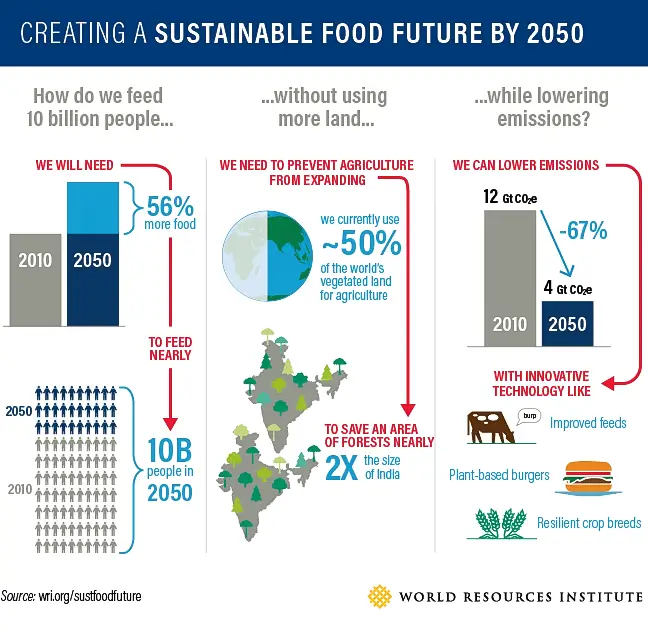
Because of the demand for oil, the world’s grain and oilseed crops are going into biofuels. In the U.S., which alone produces around 40% of world corn (maize) production, 40% of the entire corn crop went for fuel ethanol. The International Institute for Sustainable Development estimates that the CO2 and climate benefits from replacing petroleum fuels with biofuels like ethanol are zero.
環境を守るなんて嘘だ。
Biofuels do have direct, emissions that are typically 30–90% lower than those for gasoline or diesel fuels. However, since for some biofuels, indirect emissions that include land use change, water scarcity, loss of biodiversity, and nitrogen pollution through the excessive use of fertilizers can lead to greater total emissions than when using petroleum products. Around 60 nations have biofuel mandates, and the debate between ethanol and food has become a moral issue. In 2007, the global cost of corn doubled as a consequence of an outburst in ethanol production in the U.S. Because corn is the cheapest animal feed the price of dairy products, meat, eggs, and cereals rose as well. World grain reserves decreased to less than two months, the lowest level in over 30 years. Further unintended results from the rise in ethanol production incorporate the significant rise in land rents, the rise in natural gas and chemicals used for fertilizers, over-pumping of aquifers like the Ogallala, cutting even more forests to plant plants for fuel, return of harmful methods as edge tillage. Edge tillage is the practice of planting all the way to the edge of the field. This is bad because it removes protecting bordering plants and that results in chemical runoff from the field and soil erosion. It took 40 years to end edge tillage in the US.
ブラジルは輸入石油に大きく依存しており、そのため石油支配勢力からの政治的圧力を受けていた。自給自足のために、彼らはバイオ燃料を生産するための作物を植えることにしました。高収量のサトウキビが得られる熱帯気候の中で、政府は 1990 年代に世界で最も大規模な燃料エタノール プログラムを開発しました。高濃度のアルコールに耐えられるように遺伝子組み換えされた発酵菌で、現在では国内のサトウキビと大豆の生産に基づいてほぼ完全に燃料に依存しません。その結果、ブラジルはこれらの作物からバイオ燃料を生産するために、年間約100万エーカーの熱帯林を伐採している。その結果、これらのバイオ燃料を使用すると、石油燃料を使用した場合よりも炭素排出量が約 50% 多くなります。バイオ燃料システムの政治的押し付けは米国の能力を損なっている どこにでもある農地地帯と農業。現在、米国の伝統的なトウモロコシベルトでは、ハイテク農家、工業、地域の食料生産(牛乳、果樹園、多様な作物、肉用動物)の代わりに、モノカルチャー、輸入食品、そしてゴーストタウンがパターンとなっている。これらのモデルを強化するのは、肥料、農薬、加工、流通における巨大企業のカルテルの連動であり、WTO、世界銀行、IMF、およびロンドン中心の民間金融ネットワークとの政策に統合されています。企業の優位性がさらに高まり、少数の小規模農家が5社による国際貿易管理に依存している。そしてゴーストタウン。これらのモデルを強化するのは、肥料、農薬、加工、流通における巨大企業のカルテルの連動であり、WTO、世界銀行、IMF、およびロンドン中心の民間金融ネットワークとの政策に統合されています。企業の優位性がさらに高まり、少数の小規模農家が5社による国際貿易管理に依存している。そしてゴーストタウン。これらのモデルを強化するのは、肥料、農薬、加工、流通における巨大企業のカルテルの連動であり、WTO、世界銀行、IMF、およびロンドン中心の民間金融ネットワークとの政策に統合されています。企業の優位性がさらに高まり、少数の小規模農家が5社による国際貿易管理に依存している。
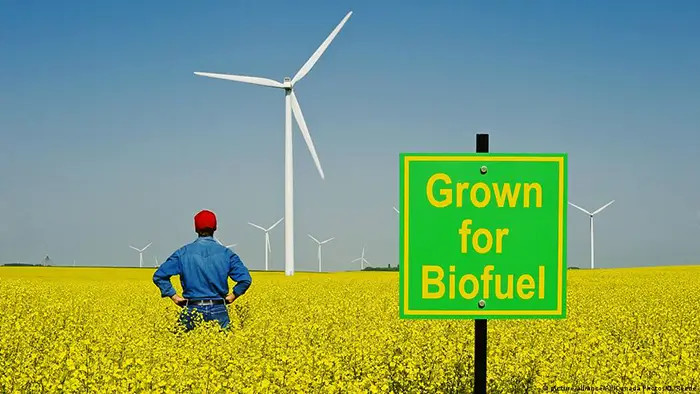
世界の穀物貿易全体は、カーギル、ADM、バンゲ、ドレフュス、そして世界の政治体制とその機関によって保護されているその他のごく少数の企業によって管理されています。たとえば、WTO の中心的な教義の 1 つがそれ自体を物語っています。
the decree that no nation has the right to seek food self-sufficiency, but instead, must operate on the definition of “food security” as “access to world markets.”
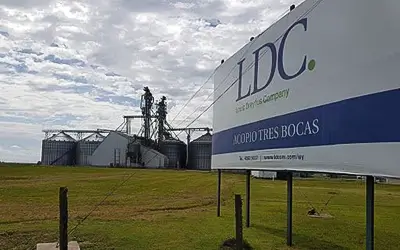



What this means is if you do not want economic suctions to be imposed by the US, EU, and others you must obey. This was declaration introduced in the GATT Uruguay Round (1984-94). It is a stealthy way to attack an individual and especially small developing countries and their national sovereignty. The establishing rules of the WTO justified its claim that member nations have no right to support their own farmers because that would be “depriving their citizenry” of the right to access superior world markets for potentially cheaper and better food. Controlled by a cartel of course. Behind this and other fallacies stand the same Anglo-imperial globalist banking and commodities cartels. The record of destruction is awful.
メキシコを良い例として取り上げましょう。1960年代、メキシコは食料純輸出国であり、水管理プロジェクト、原子力発電開発プログラム、成長する産業基盤が計画されていた。英国の統治下で常に食料不足にあったメキシコ政府と新興国家インドの協力を利用して、インドは1974年に穀物自給自足を実現した。自由貿易を口実にした1980年代の攻撃、そして1992年の攻撃により、これらすべては台無しになった。 NAFTA(北米自由貿易同盟)、そして最後に1995年のWTO。メキシコはトウモロコシと豆の生産を停止するよう要求され、その間ずっと輸入に依存するようになり、米国市場向けの冷凍食品や生鮮食品のカルテル輸出のための安価な労働力のアウトソーシング地帯として機能していた。今、飢餓がメキシコを襲っている。何百万人もの人々が仕事を求めて避難し、麻薬密売が行われ、死により残された農業が奪われつつある。これは英国の自由貿易農業プログラムの成功の結果です。
ジェノサイドの定義は、人々の集団を意図的に絶滅させる行為です。それは政治的に政策を立案し実行する人々にも同様に当てはまります。英国帝国主義者は永遠にステルス手法を支持し、自分たちの政策をさらに推し進める無邪気なふりをしながら、他人が手を汚すことを望んでいる。これは、人口抑制のために創設された食糧政策に間違いなく当てはまります。この政策のせいで、開発途上国の人口は増加し、計画的に飢餓の危機に瀕しており、人類は生存に必要な生産量を下回る状況にすでに達しています。
参考文献:
本からの抜粋ポキミツァ、ミロス ビーガンに行きますか?科学の復習パート 2. Kindle版、 アマゾン、2018年。
栄養と健康について何か質問はありますか?
ぜひご意見をいただき、次回の投稿でお答えしたいと思います。皆様のご意見とご意見に感謝しており、すぐにご連絡をお待ちしております。私もあなたを招待します フォローする Facebook、Instagram、Pinterestでダイエット、栄養、健康に関するコンテンツをご覧ください。そこにコメントを残して、他の健康愛好家とつながり、あなたのヒントや経験を共有し、私たちのチームやコミュニティからサポートや励ましを得ることができます。
この投稿があなたにとって有益で楽しいものであり、学んだ洞察を生かす準備ができていることを願っている。この投稿が役に立ったと思われた方は シェアする 友人や家族など、その恩恵にあずかれるかもしれない人たちと一緒に。誰が健康の旅にガイダンスやサポートを必要としているかわからないのですから。
– あなたはおそらくそれも好きでしょう –

栄養について学ぶ
ミロス・ポキミカは、自然医学の医師、臨床栄養士、医療健康と栄養のライター、栄養科学アドバイザーです。書籍シリーズの著者 ビーガンに行きますか?科学の復習また、自然健康サイト「GoVeganWay.com」を運営している。
医療上の免責事項
GoVeganWay.com では、最新の栄養と健康関連の研究のレビューをお届けします。提供される情報は著者の個人的な意見を表すものであり、専門的な医学的アドバイス、診断、または治療に代わることを意図または暗示するものではありません。提供される情報は情報提供のみを目的としており、資格のある医師または医療提供者の相談、診断、および/または治療に代わるものとして機能することを意図したものではありません。GoVeganWay.com で読んだことや GoVeganWay.com を通じてアクセスしたことを理由に、専門家の医学的アドバイスを無視したり、医療治療を受けるのを遅らせたりしないでください。
認可された医師に相談する前に、GoVeganWay.com で読んだ内容の結果としてライフスタイルの変更や変更を決して適用しないでください。
医療上の緊急事態が発生した場合は、直ちに医師または 911 に電話してください。GoVeganWay.com は、内部で言及されている特定のグループ、組織、検査、医師、製品、手順、意見、またはその他の情報を推奨または承認しません。
編集者のおすすめ –
ミロス・ポキミカは、自然医学の医師、臨床栄養士、医療健康と栄養のライター、栄養科学アドバイザーです。書籍シリーズの著者 ビーガンに行きますか?科学の復習また、自然健康サイト「GoVeganWay.com」を運営している。
最新記事 -
プラントベースのニュース
-
Some Dogs Can Sort Toys By Function, Says New Study On Canine ‘Label Extension’
on 11月 5, 2025
-
Courgette, Leek, White Bean And Kale Stew
on 11月 5, 2025
-
Precision Fermented Dairy Proteins Receive ‘No Questions’ Approval From FDA
on 11月 4, 2025
-
This One-Pan Ramen Is Ready In 30 Minutes
on 11月 4, 2025
-
How to Make Fresh Vanilla Hemp Milk at Home
on 11月 3, 2025
-
Animal Farming Is ‘World’s Biggest Cause Of Food Waste,’ Says Report
on 11月 3, 2025
-
Butter Bean And Sweet Papas Coconut Stew
on 11月 2, 2025
トップヘルスニュース — ScienceDaily
- Nanotech makes cancer drug 20,000x stronger, without side effectson 11月 6, 2025
A Northwestern team transformed a common chemotherapy drug into a powerful, targeted cancer therapy using spherical nucleic acids. The redesign dramatically boosted drug absorption and cancer-killing power while avoiding side effects. This innovation may usher in a new era of precision nanomedicine for cancer and beyond.
- Scientists may have found how to reverse memory loss in aging brainson 11月 6, 2025
Virginia Tech researchers have shown that memory loss in aging may be reversible. Using CRISPR tools, they corrected molecular disruptions in the hippocampus and amygdala, restoring memory in older rats. Another experiment revived a silenced memory gene, IGF2, through targeted DNA methylation editing. These findings highlight that aging brains can regain function through precise molecular intervention.
- Scientists uncover meditation’s hidden side effectson 11月 5, 2025
Meditation is widely praised for its mental health benefits, but new research shows that it can also produce unexpected side effects for some people—from anxiety and dissociation to functional impairment. Psychologist Nicholas Van Dam and his team found that nearly 60% of meditators experienced some kind of effect, and about a third found them distressing.
- Most Americans don’t know alcohol can cause canceron 11月 5, 2025
Most U.S. adults don’t realize alcohol raises cancer risk, and drinkers themselves are the least aware. Scientists say targeting these misbeliefs could significantly reduce alcohol-related cancer deaths.
- A breakthrough map reveals how the brain really workson 11月 5, 2025
Scientists have shown that brain connectivity patterns can predict mental functions across the entire brain. Each region has a unique “connectivity fingerprint” tied to its role in cognition, from language to memory. The strongest links were found in higher-level thinking skills that take years to develop. This work lays the groundwork for comparing healthy and disordered brains.
- A shapeshifting protein explains rabies’ deadly poweron 11月 5, 2025
Researchers discovered how rabies virus exerts massive control over host cells with very few genes. A key viral protein changes shape and binds RNA, allowing it to infiltrate different cellular systems. This adaptability could explain the power of other deadly viruses, including Nipah and Ebola. The breakthrough may lead to next-generation antivirals or vaccines.
- Cockroaches are secretly poisoning indoor airon 11月 5, 2025
Cockroach infestations don’t just bring creepy crawlers, they fill homes with allergens and bacterial toxins that can trigger asthma and allergies. NC State researchers found that larger infestations meant higher toxin levels, especially from female roaches. When extermination eliminated the pests, both allergens and endotoxins plummeted. The findings highlight how pest control is vital for cleaner, healthier air indoors.
パブメッド、 #ビーガンダイエット –
- Impact of in vitro digestion on the cytotoxicity and microbial viability of cholinesterase-inhibitor-rich vegan soups in human intestinal cell modelson 11月 1, 2025
Vegan lunch soups formulated with mushroom, asparagus, leek, and sea buckthorn were previously developed by our team to provide a consistent daily intake of dietary cholinesterase inhibitors. Considering the proposed continuous consumption of these functional soups, it is essential to examine any cytotoxic responses that may occur in the gastro-intestinal tract. This work starts this topic by investigating the effect of in vitro digested soups towards selected human intestinal cells and…
- A 6-Month, Prospective, Multi-arm Study for the Efficacy of Standardized Nutraceuticals to Improve Hair Fiber Thickness and Strengthon 10月 31, 2025
CONCLUSIONS: This study demonstrates that ingestion of these bio-specific HGNs are associated with significantly enhanced hair shaft diameter and decreased breakage, resulting in longer, stronger hair across their intended populations. These findings support the use of these HGNs for hair thinning, offering alternative options for various populations for improving hair growth and thickness.
- Consumer Acceptance of Sustainable Cat Diets: A Survey of 1380 Cat Guardianson 10月 29, 2025
There is increasing awareness about the adverse environmental and ‘food’ animal welfare impacts associated with the production of meat-based pet food. However, little is known about cat guardians’ acceptance of more sustainable food choices for the global population of approximately 476 million pet cats. By surveying 1380 cat guardians, this study explored feeding patterns used by guardians, determinants of their cat food choices, and their acceptance levels of more sustainable cat food…
- Consumer Acceptance of Sustainable Dog Diets: A Survey of 2639 Dog Guardianson 10月 29, 2025
Interest in more sustainable diets for the global population of 528 million companion dogs is steadily increasing, encompassing nutritionally sound cultivated meat, vegan, and microbial protein-based dog foods. Factors driving these alternative dog foods include lower impacts on the environment, fewer welfare problems related to intensively farmed animals and wild-caught fish, and potentially superior canine health outcomes, relative to conventional meat-based dog food. Through a […]
- Beliefs and behaviours associated with vegetarian, vegan, and gluten-free diets among Canadians capable of bearing childrenon 10月 29, 2025
There is increased interest in self-selected exclusionary diet patterns, specifically vegetarian, vegan, and gluten-free (GF) diets, but there is a lack of research exploring the beliefs and behaviours surrounding these diets in Canadians capable of bearing children (CCBC). The goal of this study was to explore the beliefs and behaviours of CCBC who follow vegetarian, vegan, and/or GF diets using mixed methods. A self-administered online Qualtrics™ survey containing 102 questions was […]
ランダムな投稿 –
おすすめの投稿 -

PubMed の最新情報、 #植物ベースの食事 –
- Diet quality scores and incidence of cardiovascular events: A 4-year prospective study of patients in cardiology secondary care (BALANCE Program Trial)by Aline Rosignoli da Conceição on 11月 5, 2025
As a modifiable determinant, dietary patterns are a crucial factor in the prevention of cardiovascular disease (CVD), as they account for more than half of all CVD-related deaths and disabilities. Thus, we aimed to assess whether changes in diet quality along with six a priori-defined diet scores were associated with the incidence of cardiovascular (CV) events during four years of follow-up of secondary care cardiology patients. We conducted a secondary prospective analysis of 1,704, 1,629 […]
- Dietary animal fat disrupts gut microbiota and aggravates Scl-cGVHD after allogeneic hematopoietic stem cell transferby Danielle D Millick on 11月 5, 2025
Allogeneic Hematopoietic Stem Cell Transplant (allo-HCT) is an effective treatment for high-risk or relapsed acute leukemia. However, the frequent occurrence of graft-versus-host disease (GVHD) poses significant complications. Modifiable factors such as the gut microbiome and dietary regimen have the potential to influence the frequency and severity of GVHD. Previous studies in mouse models have shown a direct link between obesity and increased severity of GVHD. Analysis of human data has not…
- Dose-response effects of a mixed condensed and hydrolyzable tannin extract on methane production and diet digestibility using the in vitro gas production techniqueby Jordan M Adams on 11月 5, 2025
Several studies have evaluated the impact of isolated condensed or hydrolyzable tannin extract (TE) supplementation for beef cattle on methane (CH4) mitigation and metabolic functions, but fewer have evaluated their combination. Our objective was to investigate changes in in vitro fermentation dynamics, CH4 production, neutral detergent fiber digestibility (ivNDFD), and ruminal volatile fatty acid (VFA) concentrations in response to the inclusion rate of a TE blend (Silvafeed ByPro; […]
- Molecular mechanism of tea polyphenols in alleviating tetrabromobisphenol A (TBBPA)-induced PANoptosis in carp (Cyprinus carpio) livers based on network toxicology and pharmacologyby Hongru Wang on 11月 5, 2025
Tetrabromobisphenol A (TBBPA), characterized by extensive industrial utilization and low biodegradability, exhibits significant bioaccumulation potential in aquatic ecosystems, thereby posing substantial toxicological risks to aquatic organisms. Tea polyphenols (TP) are plant extracts with anti-inflammatory and antioxidant therapeutic potential. In this study, network toxicology and pharmacology approaches were employed to investigate the hepatotoxic mechanism of TBBPA and the […]
- Discovery of urinary biomarkers of kiwifruit intake in a randomized intervention studyby Zilin Xiao on 11月 4, 2025
CONCLUSIONS: This study identified potential biomarkers of kiwifruit and developed a prediction model that may differentiate consumers. Further validation is necessary to confirm the reliability and generalizability of our findings.
- Nourishing the Skin: A Review of Diet’s Role in Hidradenitis Suppurativaby Jordan Beam on 11月 4, 2025
Hidradenitis suppurativa (HS) is a complex skin condition influenced by both genetic and environmental factors. Increasing evidence points to diet as a key contributor to disease severity through systemic inflammatory pathways. A review of recent literature was conducted to evaluate the relationship between dietary patterns and advancement of HS. Pro-inflammatory diets such as the Western diet, leucine-rich diets, and brewer’s yeast were associated with HS exacerbation through mTOR activation…
